Child-centered education in today’s world is based on the thinking that students must be encouraged to learn at their own pace. Their study exercises should be tailored following their specific needs and with an inclination toward their interests.
The traditional methods of teaching more often do not produce desirable results. It is leading to students losing interest, piling up of home assignments and poor mental health for teachers, students and parents.
Children love to learn when they enjoy their lessons. Child-focused schooling makes learning relevant and fun, giving even the tired students an incentive to keep trying.
The history of children-specific education began in the twentieth century with ideas from John Dewey, Jean Piaget, Lev Vygotsky, and Maria Montessori. It is a reversal from the traditional teacher-centered understanding of the learning process and instead puts students at the center of the learning process.
Child-centered Classroom
Child-centered education begins with teachers involving students in a classroom to share in decision-making processes and believing in their capacity to lead. When a child learns about the relevance of the subject in a discussion it makes learning more interesting for them.
During creative learning when a child chooses the focus of the content he/she can use their imagination to come up with interesting takes on the same subject. Brainstorming and engaging in dialog together helps children to match their interests with the skills and concepts. It requires children to be active participants and responsible participants in their own learning.
Focus on All Areas of Development
The very core of learning centered around children is to help the child achieve holistic development. It includes the development of physical capabilities along with intellectual abilities, cognitive or mental abilities, emotional abilities, and social skills. Child-centered teachers engage in an “active learning” process to help the child develop the knowledge and skills needed in all areas.
The NEP 2020 has reconfigured the curriculum of school education to make students more responsive. The curriculum is more relevant to the developmental needs and interests of learners at different stages of their development. The policy states that classroom learning will regularly contain more creative, collaborative, exploratory and fun activities.
Importance of Play
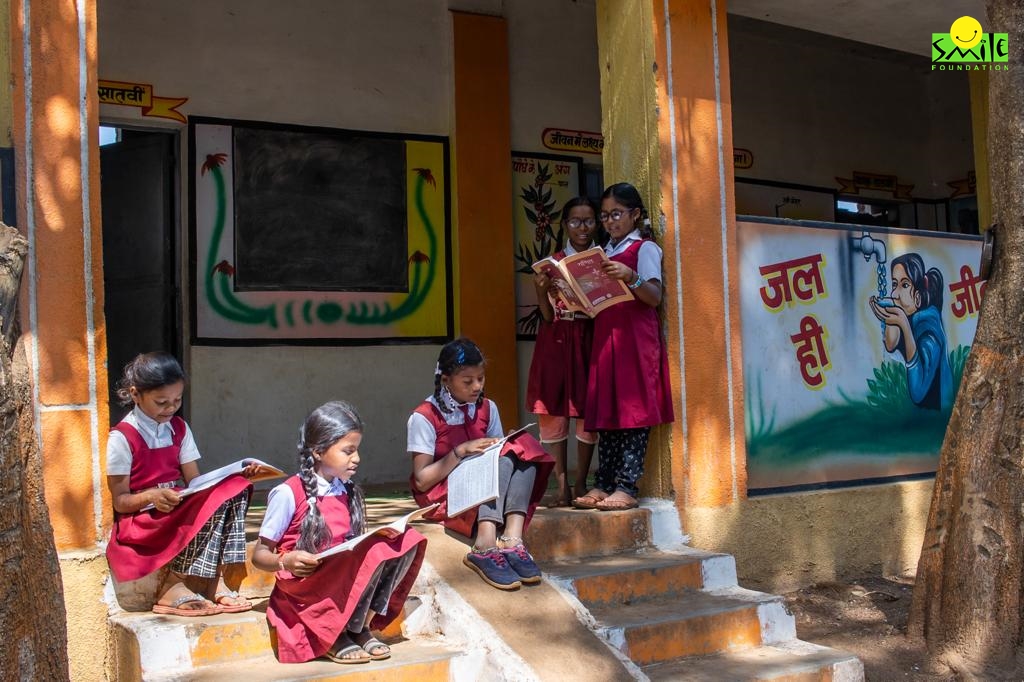
According to many studies, play acts as a medium of learning for children from a very young age. It stimulates early brain development. It allows children to create and imagine, which is an important aspect of child-centered education. Play promotes healthy development and critical thinking skills and reinforces memory.
Playing also provides opportunities for children to learn social interaction. When children play together they learn to cooperate, follow rules, develop self-control, and generally get along with other people.n
New Education Policy (NEP) 2020
While there are many challenges in implementing child-centered learning, these challenges can be met and overcome. In India, it has now started with the introduction of the New Education Policy 2020.
This style of child-centered learning is important for nation-building as it gradually develops independent thinkers, endowed with the tools necessary for lifelong learning.
To know more about Smile Foundation’s campaign on education visit here!



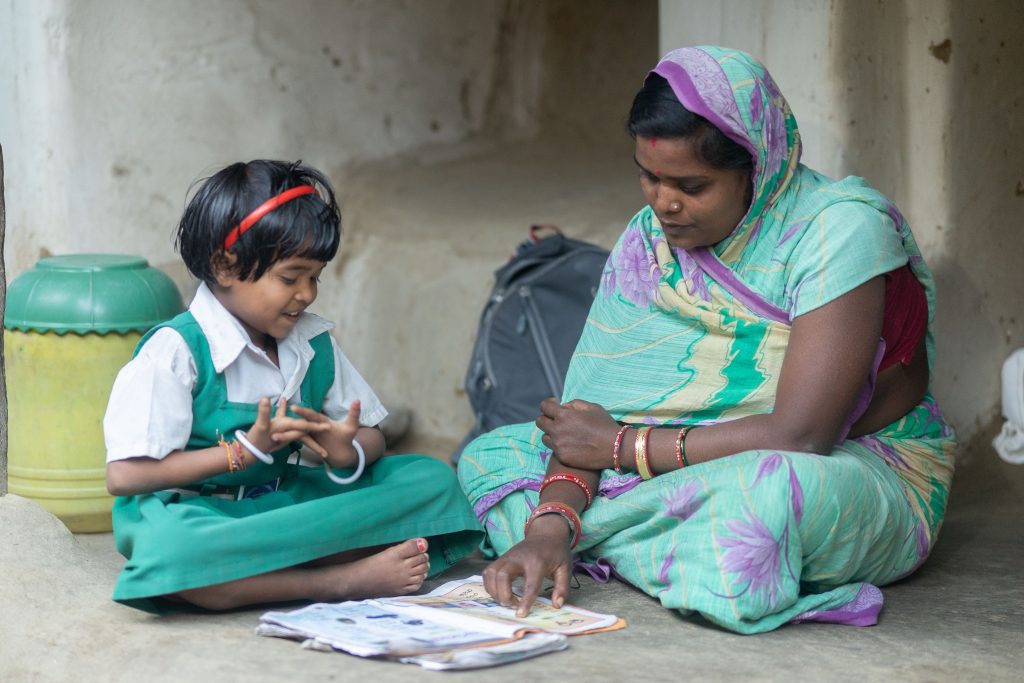
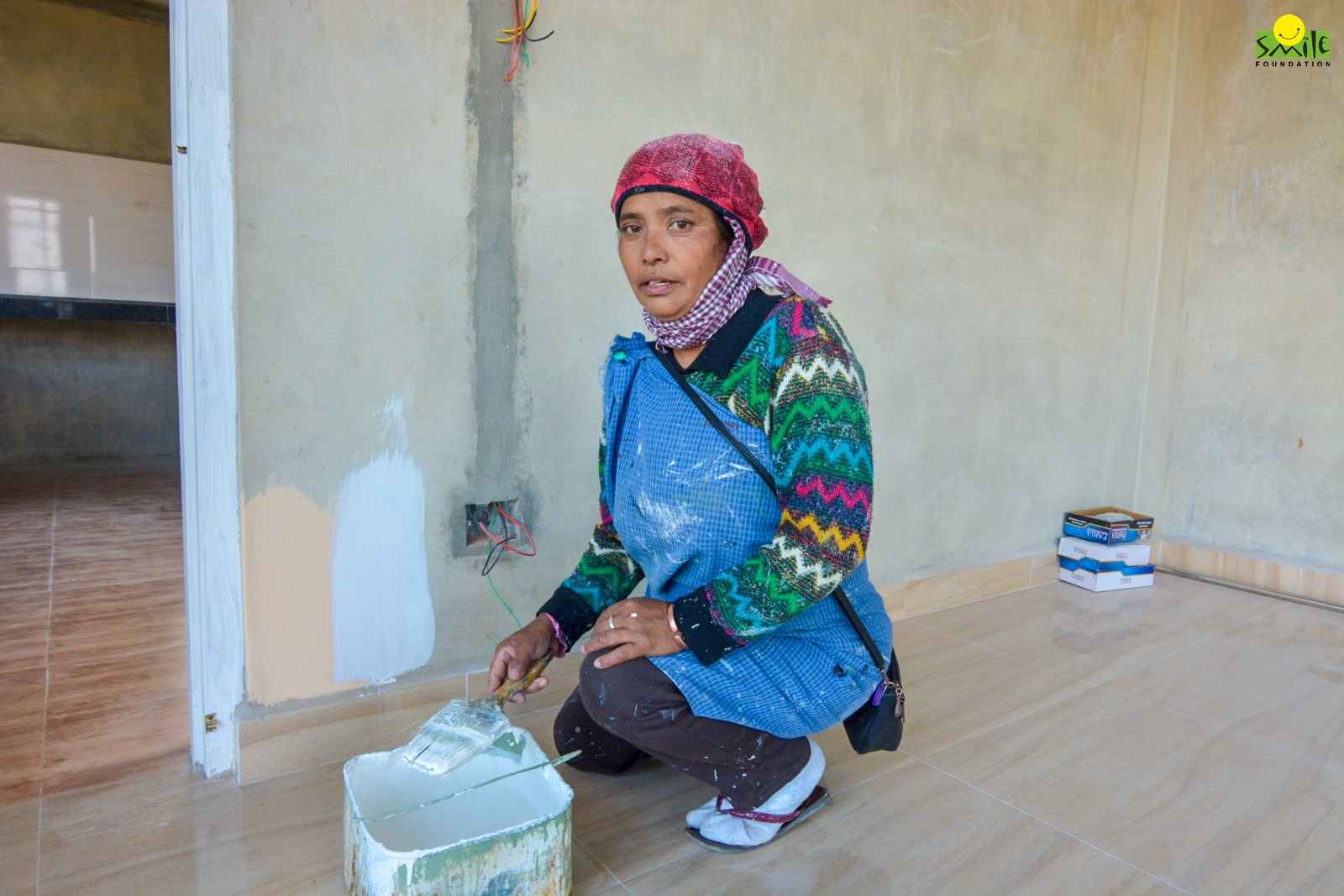
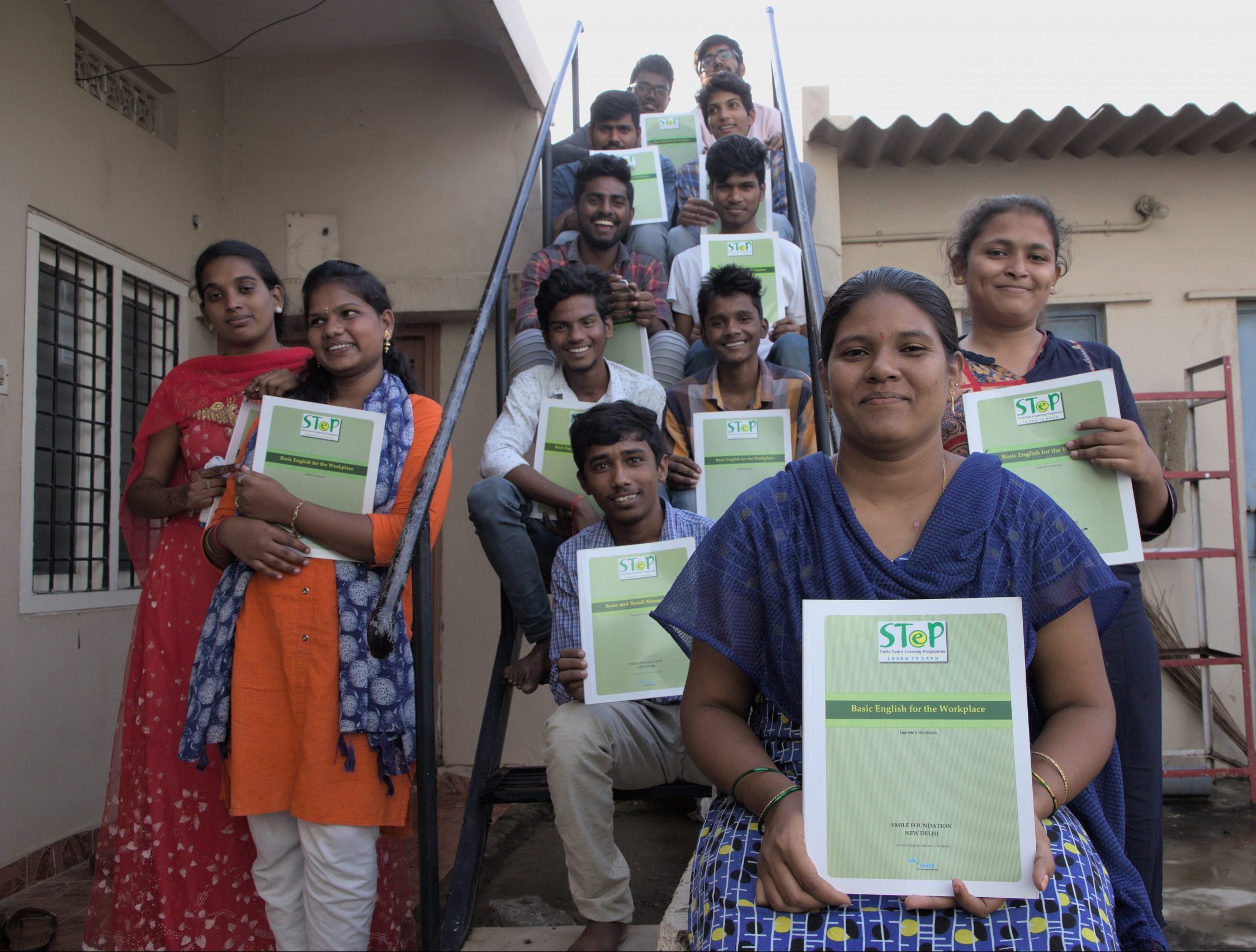
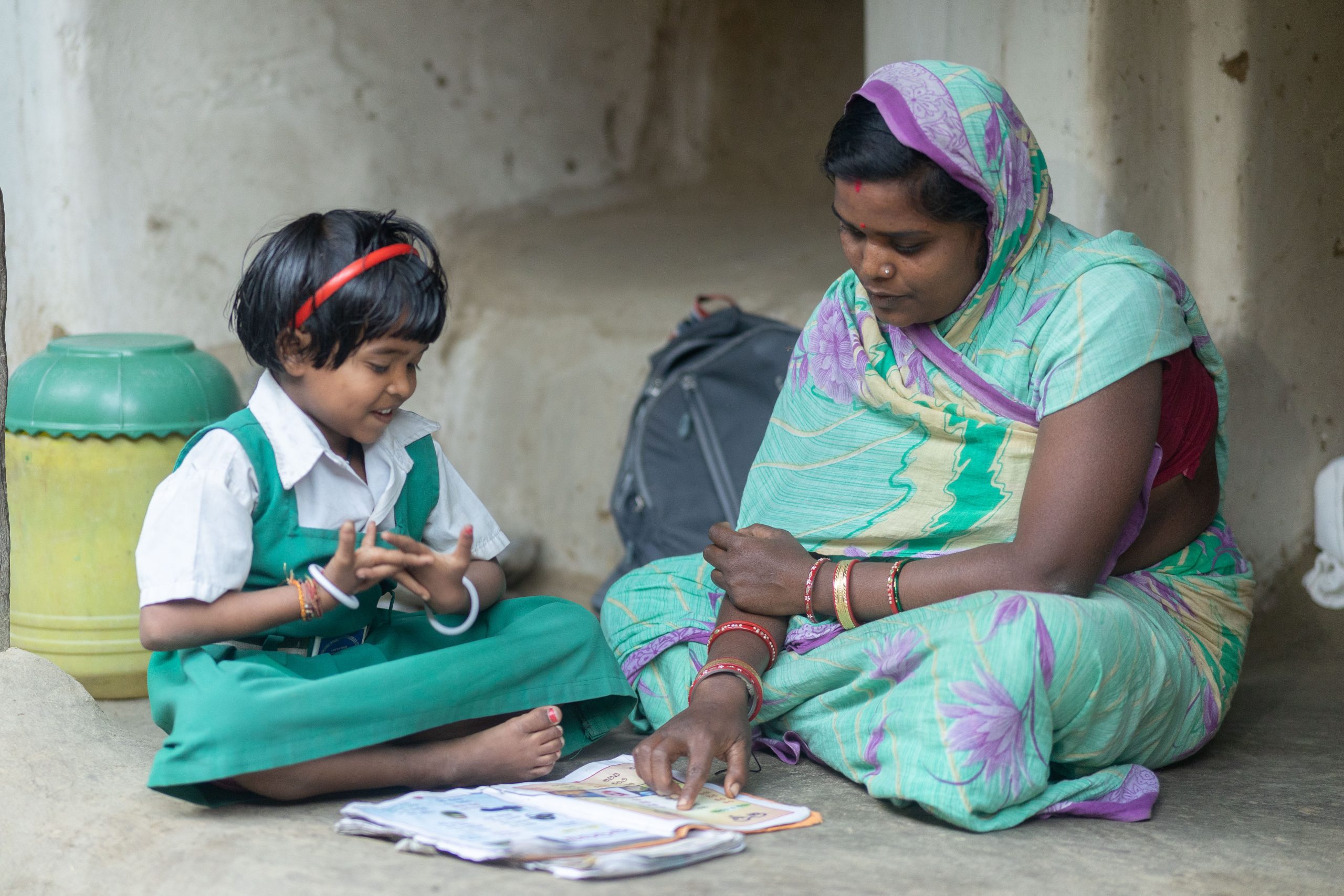



One reply on “Importance of Child Centered Education”
Child centered education is demand of the time.